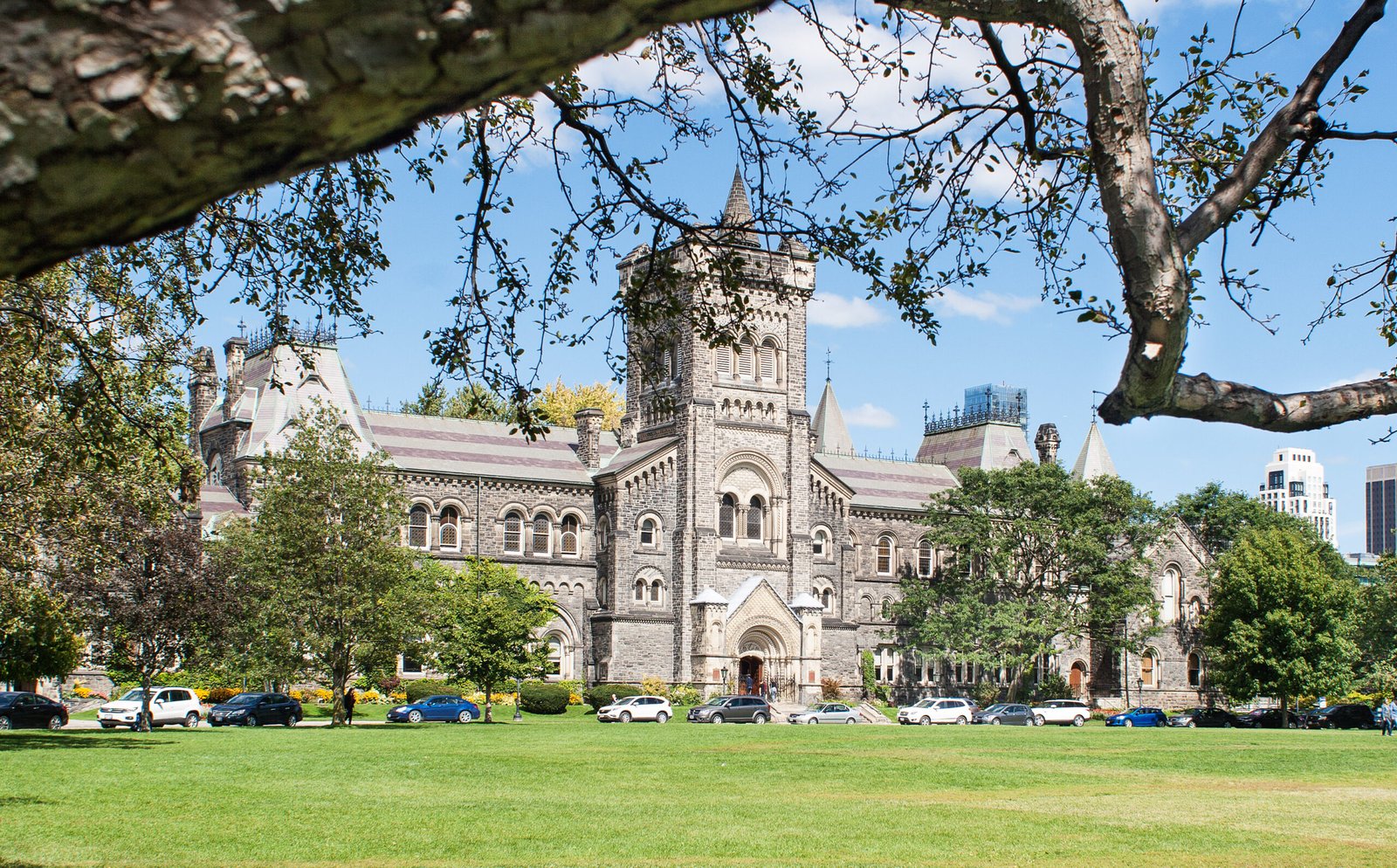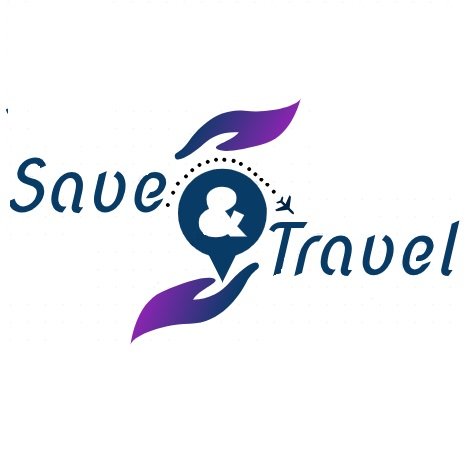
15 Important Things For Indian Students Planning to Study in Canada
Table of Contents
15 Important Things For Indian Students Planning to Study in Canada
Canada has emerged as a popular destination for Indian students seeking high-quality education and diverse cultural experiences. However, there are several important considerations to keep in mind when planning to study in Canada.
This article outlines 15 crucial factors that Indian students should consider before embarking on their educational journey in the Great White North.
1. Research and Choose the Right Institution:
Thoroughly research Canadian universities and colleges to find the right fit for your academic goals, program of study, location preferences, and financial capabilities. Consider factors such as program reputation, faculty, research opportunities, campus culture, and career support services.
2. Admission Requirements:
Understand the admission requirements of your chosen institutions. Be aware of application deadlines, academic prerequisites, standardized test scores (such as the TOEFL or IELTS), and necessary supporting documents. Start the application process well in advance to ensure ample time for preparation.
3. GIC Account :
Secure your financial future while studying in Canada with a GIC account (Guaranteed Investment Certificate). Invest a specific amount of money in a participating Canadian financial institution to demonstrate your ability to cover living expenses. Once you arrive, you’ll receive a portion of the investment each month, providing peace of mind and financial stability during your studies. Start planning for your Canadian education today.
4. Financial Planning:
Develop a comprehensive financial plan considering tuition fees, living expenses, health insurance, and additional costs. Explore scholarship opportunities, grants, and financial aid options provided by Canadian universities, external organizations, and the government. Create a budget to manage your finances effectively during your studies.
Keep eye on Exchange Rates while transferring Money to Canada from India,to save some useful money.
5. Visa Process:
Become familiar with the Canadian student visa (study permit) application process and requirements. Gather all necessary documents, including acceptance letters, financial statements, and proof of language proficiency. Submit your application well ahead of your intended start date and prepare for a visa interview, if required.
6. Health Insurance:
Ensure you have adequate health insurance coverage during your stay in Canada. Familiarize yourself with the healthcare system and the coverage provided by your institution or private insurance. Understanding the terms and conditions of your policy will help you access healthcare services when needed.
7. Cultural Adjustment:
Prepare yourself for a new cultural environment in Canada. Canada is known for its multiculturalism and inclusivity, but adapting to new customs, traditions, and social norms may take time. Embrace diversity, participate in multicultural events, and engage with the local community to facilitate a smoother cultural adjustment.
8. Academic Structure and Curriculum:
Understand the Canadian academic system, including credit systems, majors, minors, and elective courses. Review program requirements, course options, and academic regulations. Seek guidance from academic advisors to plan your course schedule and ensure you meet all degree requirements.
9. Language Proficiency:
Strong English or French language skills are crucial for academic success in Canada. Depending on the region and institution, proficiency in either language may be required. Prepare for language proficiency exams such as IELTS or CELPIP (English) or TEF (French) and consider language improvement courses if necessary.
10. Accommodation Options:
Research and explore various accommodation options available to students in Canada. On-campus residences, off-campus apartments, homestays, or shared housing are common choices. Consider factors such as cost, proximity to campus, safety, and available amenities when selecting your accommodation.
11. Transportation and Travel:
Familiarize yourself with the local transportation system, including buses, trains, and subways, in your chosen Canadian city. Learn about student transportation passes or discounts to make commuting more affordable. Additionally, plan for travel within Canada and explore the country’s natural beauty and diverse cities during breaks.
12. Campus Support Services:
Canadian universities offer a range of support services to assist international students. These may include academic tutoring, career counseling, health and wellness centers, international student associations, and cultural events. Take advantage of these resources to enhance your university experience and personal growth.
13. Work Opportunities:
Learn about work opportunities available to international students in Canada. Familiarize yourself with the regulations and restrictions related to on-campus jobs, off-campus work permits, internships, and post-graduation work permits (PGWP). Balancing work commitments with academic responsibilities is essential for success.
14. Safety and Security:
Canada is known for being a safe and welcoming country. However, it is still important to be aware of your surroundings and take necessary precautions. Familiarize yourself with emergency procedures, campus security measures, and local laws to ensure your personal safety.
15. Mental Health and Wellness:
Prioritize your mental health and well-being throughout your Canadian study journey. Familiarize yourself with mental health resources and counseling services offered by your institution. Maintain a healthy work-life balance, engage in activities you enjoy, and seek support when needed.
Conclusion:
Studying in Canada offers Indian students a chance to gain a world-class education, experience a multicultural society, and develop valuable skills for their future. By considering these 15 essential factors, Indian students can better prepare themselves for the Canadian education system and make the most of their time in Canada. With thorough planning, research, and support, studying in Canada can be a rewarding and trans formative experience.







